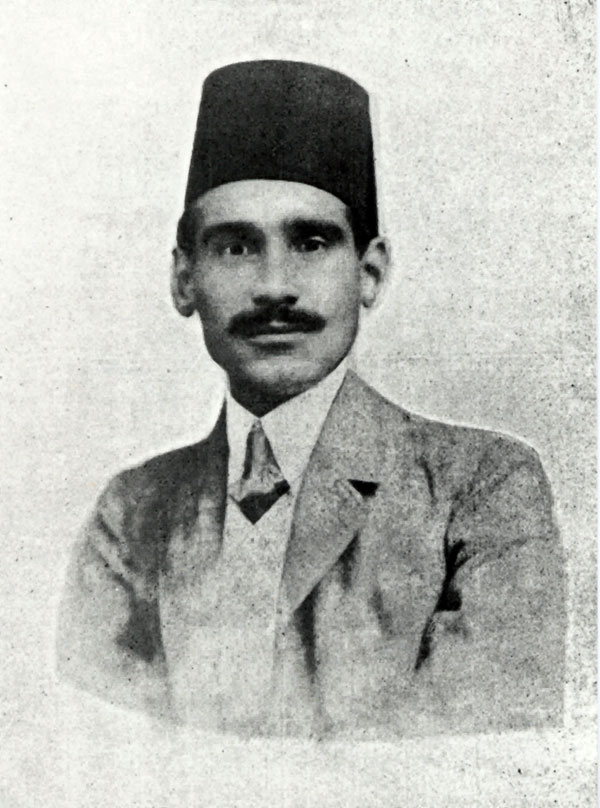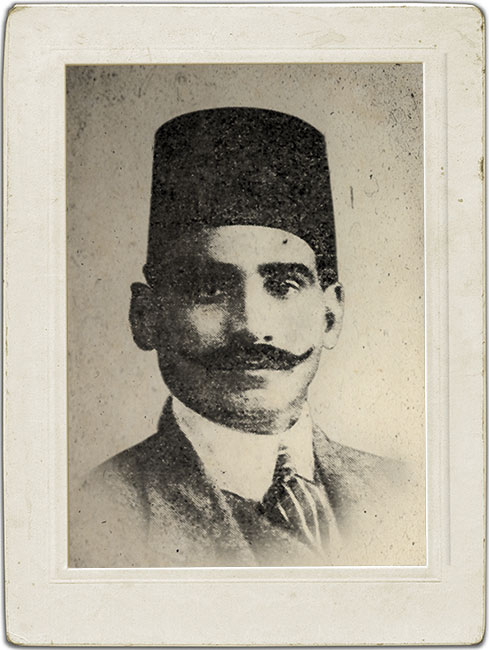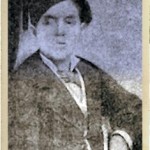Abd al-Hay Hilmî, a seductive dandy, was the spoiled child of Egyptian high society at the turn of the century. He was noted for his odd manners; he would leave a concert he was hired for if he failed to notice a pleasant looking face, be it male or female, in the audience, and preferred to sing for handsome strangers. An obsessive drinker, he would also use various drugs to reach the state of saltana necessary to unleash his extemporizing creativity. He ended up worn by his excesses, which caused him an angina pectoris, and he died whilst drunken in Alexandria after a feast of sea turtle.
A whimsical character in his life, as well as in his art, he was often summing up the introduction and livening up the composed thread of the melody. He would neglect entire sections so as to privilege one verse, one standstill in a particular modal color to which he added a tragic and hallucinated touch, displaying a wide range of virtuosic effects expressing emotions, shifting from long melodic phrases to a jerky staccato, interrupting the instruments with another dramatic piece of embroidery over the heady main theme. A self-taught artist in learned tradition, Abd al-Hay Hilmî insisted on ignoring the rules. His well-known lack of respect for rhythm and composition made him an easy target for harsh criticism from rigorists who were subjugated by Western patterns with their sanctification of the composer’s role. His passion naturally finds its best expression in mawawil, where non metrical improvisation is the only rule. In this field, he remains unmatchable.
A successful record-selling artist, he was first hired by Zonophone in 1906 cutting his best discs ever inspite of poor technical quality. He then collaborated with the record companies installed in Egypt until his death, often recording the same works many times a year for the British Gramophone, Odeon and Baidaphon. A prodigal sybarite, he would receive from the companies Important amounts of money, squander it and then be forced to repay his debts in terms of recordings. This is why, once, he mischievously added at the end of a qasîda rimed curses against the Gramophone Company, that went unnoticed.




